Lessons the COVID-19 Pandemic Has Taught Us: Part 1.
Healthcare organizations are being put to the ultimate test across the country regarding response to a public health crisis. They have had to adopt new means of continuing safe patient care and further review their key revenue drivers to ensure that they would withstand the throes to come.
Broadly speaking, we encountered – and continue to uncover – many areas of opportunity throughout the trajectory of the pandemic. Below you will find three opportunities for improvement in your continuity of operations plan.
Minimizing the financial impact of COVID-19 to provider organizations
We saw steep declines in volume and the results of additional decisions made regarding elective procedures that have affected revenue for provider organizations.
These declines led us to consider and adopt new strategies to insulate key revenue drivers as we moved forward to protect revenue within organizations. If we continue under the misconception that insulating revenue drivers are not a concern for us as emergency managers, consider the lifeline that keeps the organization open, operating, and able to continue providing safe care. Without continued revenue, even a healthcare organization, which to some extent is still a business, cannot survive.
The importance of early leadership engagement
If we are not engaged with our leadership prior to an event, it becomes hard to be inclusive as a stakeholder and as professionals in our field seated at the table with our executive teams.
To effectively engage our leadership, we need to have conversations around the concerns they're discussing in the boardroom and around the c-suite table. The organization's fiscal health is going to drive the way executives will make decisions to invest in future mitigation efforts, the way they're going to invest in advancing preparedness, and the way they're going invest in the work that emergency managers are doing. Their primary concerns will include protecting new investments that they've made in new care delivery models, which will ultimately expand the scope of the work that emergency managers can accomplish.
Considerations for an effective incident command center
Members of our team have walked through several command centers that, prior to the pandemic, would not have qualified as something that would have effectively functioned for a long-term incident management space.
To improve this will require an investment in a space where we can come together with our frontline and executive leadership to make strategic decisions and strategize future responses. We're going to need to think more clearly about how we move forward, incorporating the lessons learned from Covid, as we look ahead to future risks to mitigate.
Without an investment in resilience and a focus on integration, we found that necessary decisions tended to circle the drain for too long, inhibiting any actual action or decisions. In some cases, this amplified issues the organization was facing.
Having an effective, integrated command structure in place meant including and being inclusive of emergency management professionals at the table. Leaders were then making decisions informed by emergency management professions which tended to change the response dynamic in a positive way, allowing for seamless and rapid decision making.
Introducing: ACT – INNOVATE – [re]ALIGN
An actionable model moving forward.
We know that in times of crisis, simplicity and specificity are key. From our lessons learned, we saw patterns emerge that fit into three distinct actionable buckets:
Act: Start early, move fast.
Innovate: Anticipate challenges, aggressively design solutions.
Understand operations, restructure plans.
Stay tuned for this series' continuation, based on the original keynote presentation by Wakefield Brunswick CEO Angela Devlen.
Looking For More Resources?
View our COVID-19 Resource Collection and our Risk & Resiliency Resource List.
Have a question? Send us an email at team@wakefieldbrunswick.com.
WORK COLLABORATIVELY. ACT DECISIVELY.
The WB Team
Disclaimer: We at Wakefield Brunswick feel strongly that in order to effect positive outcome change in this critical time, conveying information in a timely manner is critical. We will continue to follow the advice of medical experts and to disseminate actionable information as fast as possible. We further understand that this will necessitate periodic revisions and clarifications of some of our recommendations. Please remain flexible to update your protocols with these modifications if and when they become necessary.


